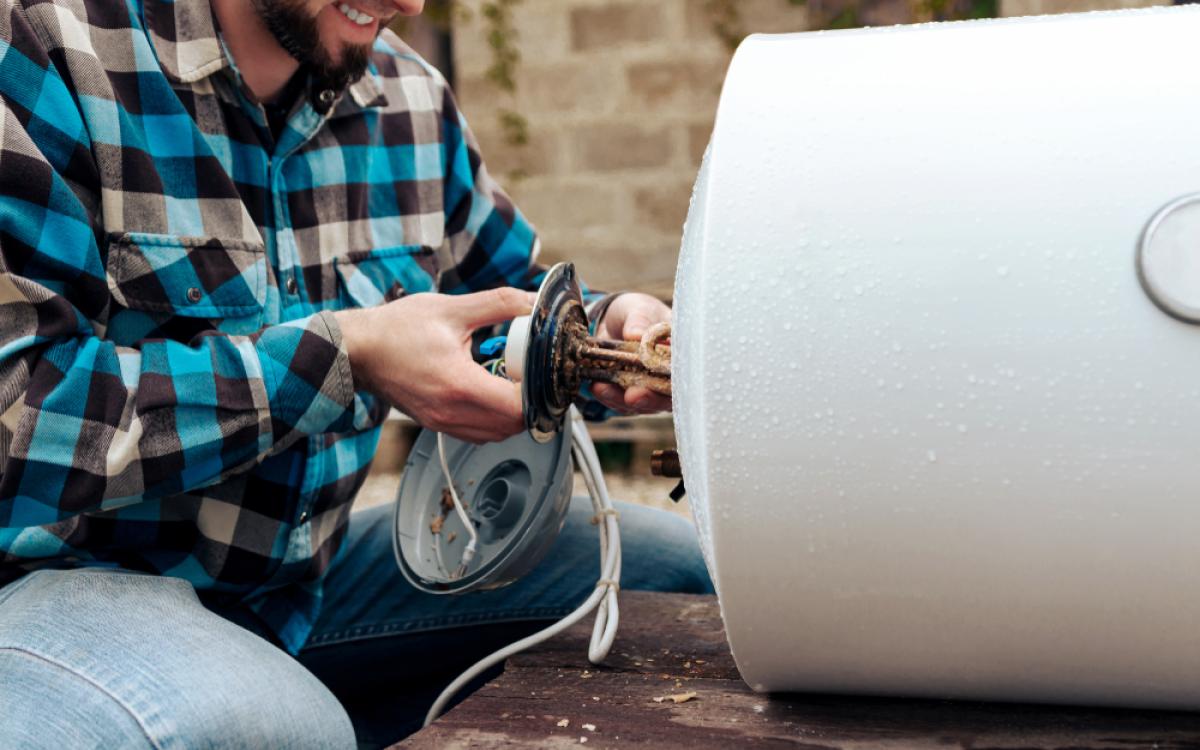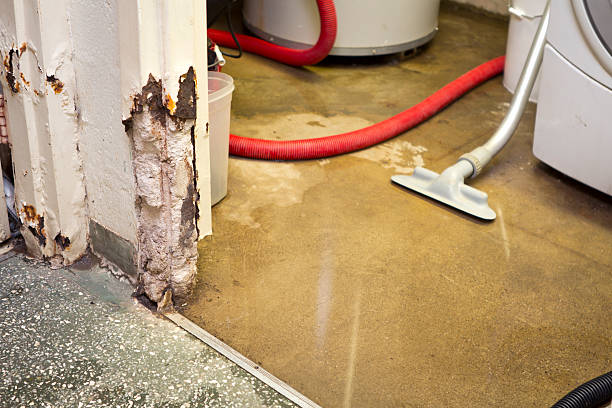Must-Follow Steps for Residential Property Owners Dealing with Broken Water Heaters
Must-Follow Steps for Residential Property Owners Dealing with Broken Water Heaters
Blog Article
Right here in the next paragraph yow will discover a bunch of superb help and advice involving Maintaining & Draining a Water Heater.

Whether it is located in the basement or a separate area, busted water heaters can cause anxiety. Having no warm water supply is likewise problematic.
Call the Plumber
After doing the first two security steps, you have to call your plumber to find right now to fix a ruptured water heater. However, remember that your device will certainly not just conk out substantially overnight. There are usually signs that your aging hot water heater has sediment accumulation in the interior. Take note of the following:
Rather, as soon as you find these indicators, have an expert come to examine your water heating system storage tank. Usually, water heating units have a lifespan of concerning 8 to 12 years.
Cut Off the Cold Water Supply
Cut off the storage tanks tap water supply from the source. This goes from your primary water line right into the tank. When your container remains in good condition, the cold water quits filling when the tank is complete. Considering that it is dripping, the water will continue to move. Close the shutoff located on top of the heating system. Rotate this clockwise to close it off. If you can not discover it or reach it, you should turn off that primary water line outside your building.
Shut Down Power Source
Prior to calling the plumber, shut off a gas water heating unit by turning the temperature dial. This will certainly stop electrocution, especially if there is a leakage as water is a conductor. Normally, the home heating component shuts off when the water strikes a certain temperature.
Clean Up Property
After calling the plumber, file damages by taking notes as well as photos so you can assert your homeowner's insurance policy. Eliminate any type of standing water to protect against mold and also mold growth. If you have a submersible water pump, use that to drain pipes the water.
Bear in mind, if you discover any kind of concerns with your hot water heater, call the pros right away. You can not take this issue gently since a faulty thermostat can increase water temp to an alarmingly high degree, leading to unintended burns. A broken heating unit stress safety valve can also trigger an explosion. For best outcomes, obtain a yearly check so your unit gets checked, cleaned up, drained pipes, as well as re-filled, assuring ideal efficiency.
After doing the initial two safety and security actions, you must call your plumber to come right away to fix a fractured water heating system. Instead, as quickly as you identify these signs, have actually an expert come to examine your water heating unit storage tank. Prior to calling the plumber, closed off a gas water heater by transforming the temperature dial. If you have a submersible water pump, make use of that to drain pipes the water. Keep in mind, if you observe any type of problems with your water heater, call the pros right away.
Water Heater Burst: Why This Happens And What To Do Next
When a water heater bursts in a home, it is a shocking event, not to mention a messy one, and it could potentially cause a lot of expensive damage. If your hot water heater burst, you’re probably wondering why this happens and what to do next.
In general, the basic reason why hot water heaters burst is that there is corrosion within the tank, which can lead to the tank bursting at its seams. Unfortunately, there are several possible underlying causes that can contribute to water heater explosions, and it’s not always apparent which one is the culprit.
Sometimes there are risk factors or warning signs that could indicate a water heater explosion is imminent, but not always. In order to understand the risk factors that could contribute to a water heater exploding, it’s important first to understand the type of water heater that you have in your home.
Water Heater Explosion Warning Signs
Since storage water heaters are made of metal and store large volumes of heated water, they carry an increased risk of leaking or even exploding as they begin to rust at the fittings and seams over time. If the thermostat controlling the water temperature within the tank is faulty, or if mineral buildup inside the water heater prevents the thermostat from sensing the water’s temperature correctly, the water could become overheated. This will expand its volume within the tank, causing it to press at the tank’s fittings and seams. If these fittings and seams are rusted or corroded, the pressure could result in a leak or even an explosion.
Here are some risk factors and warning signs of an increased risk of water heater leak or explosion:
Your water heater is more than 10 years old. Your water heater makes clanking, banging or rumbling noises as it heats up, indicating that sediment has built up and hardened inside the tank. There is visible rust on the outside of the water heater, especially located at the pipe fittings or the seams that run down the tank. There is rusty water coming from your water heater, indicating that there may be rust building up inside. Your water heater is leaking, which could indicate either a crack somewhere in the tank or a malfunctioning temperature-and-pressure (T&P) relief valve. It’s important to note that water heater leaks aren’t always serious, and don’t always mean the tank might explode, or even that it needs to be replaced. If there is a leak in the water supply lines, for example, which lead into the top of the heater, this is a problem that is relatively easily fixed, and which is unlikely to contribute to a water heater bursting.
Another, similarly uncomplicated and fixable source of water heater leaks is a leak at the water heater nipples; these are located at the top of the water heater, where they connect the water pipes to the heater itself. If the T&P valve is leaking, it may need replacing or may indicate a larger problem. If the water tank itself is leaking, however, it isn’t fixable, and the whole tank will need to be replaced.
https://www.abchomeandcommercial.com/blog/water-heater-burst/

We hope you enjoyed reading our part on Maintaining & Draining a Water Heater. Thanks a lot for spending some time to read our short article. Sharing is nice. You never know, you will be doing someone a favor. I praise you for your time. Please stop by our website back soon.
Protect your space! Report this page